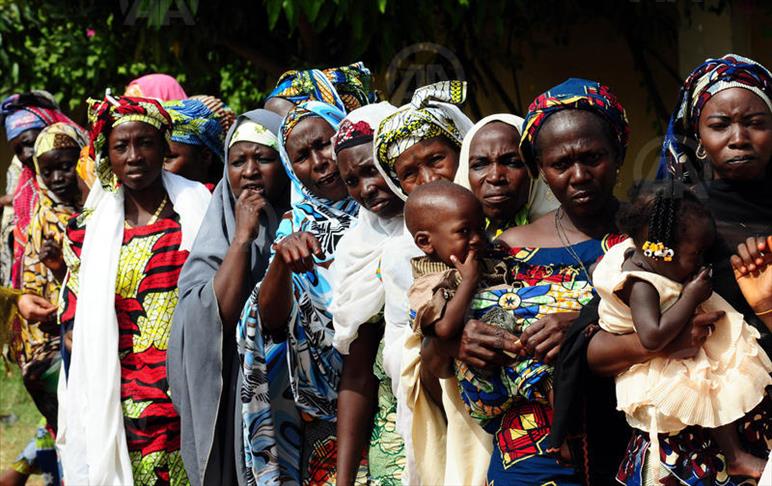Polygamy remains a highly debated issue across East Africa, where traditional practices, religious beliefs, and modern legal frameworks intersect. In countries like Kenya, Tanzania, Uganda, Rwanda, and Ethiopia, the practice of taking multiple spouses—predominantly men marrying multiple women—continues to provoke social, legal, and economic discussions.
Polygamy has deep roots in many East African communities. Among Muslim populations in Kenya, Tanzania, and Uganda, Islamic law allows a man to marry up to four wives under specific conditions. In other communities, customary law also recognizes polygamous unions, particularly in rural areas where lineage, inheritance, and family alliances are important.
For example, in Kenya, the Marriage Act of 2014 legalized polygamous unions under customary and Islamic law while restricting them under civil law. Tanzania’s Law of Marriage Act similarly recognizes customary and Islamic marriages, though debates continue about women’s rights and consent.
Despite legal recognition, polygamy raises questions about gender equality. Women’s rights advocates argue that polygamous marriages can leave women vulnerable to economic dependency, inheritance disputes, and unequal treatment. In Uganda, debates continue over whether customary and religious polygamy should coexist with constitutional guarantees for gender equality.
Dr. Esther Namatovu, a gender rights lawyer in Kampala, notes:
“Polygamy is legal in many parts of East Africa, but legality doesn’t equal fairness. Women often lack bargaining power, and children may face challenges in inheritance and family support.”
Polygamy also has economic dimensions. In households with multiple wives, resources—ranging from income to housing—can be strained, impacting education, healthcare, and overall welfare. Critics argue that polygamous households can perpetuate cycles of poverty, particularly where men’s earnings are modest.
Yet, supporters say that polygamy strengthens social networks and offers women social security in societies where widowhood or single motherhood can be precarious.
Urbanization, education, and exposure to global gender norms are slowly reshaping attitudes toward polygamy. Younger generations in Nairobi, Dar es Salaam, and Kigali increasingly view monogamy as the preferred model, often associating polygamy with rural or traditional lifestyles.
Social media debates reflect these changing perspectives. Hashtags like #ModernMarriage and #EqualityFirst have sparked regional conversations, particularly among women advocating for greater autonomy in marriage decisions.
Regional Comparisons
• Kenya: Polygamy is legal under Islamic and customary law but restricted under civil law; urban populations are increasingly critical of the practice.
• Tanzania: Recognized under both customary and Islamic law, with ongoing debates over women’s property and inheritance rights.
• Uganda: Polygamy is recognized, but constitutional gender equality provisions create tension with customary practices.
• Rwanda: Polygamy was outlawed in 1999 as part of the post-genocide legal reforms emphasizing equality.
• Ethiopia: Certain regions allow polygamy under customary law, particularly among Muslim communities, but civil law promotes monogamy.
Polygamy in East Africa illustrates the tension between tradition and modernity, law and custom, religion and rights. While it remains widely practiced and culturally significant in some communities, growing awareness of gender equality, economic realities, and individual choice is shaping new norms.
As East African societies evolve, the challenge will be balancing respect for cultural traditions with the protection of women’s rights, ensuring that marriage is a choice rather than a constraint.
Polygamy in East Africa: Tradition, Modernity, and the Debate Over Rights

